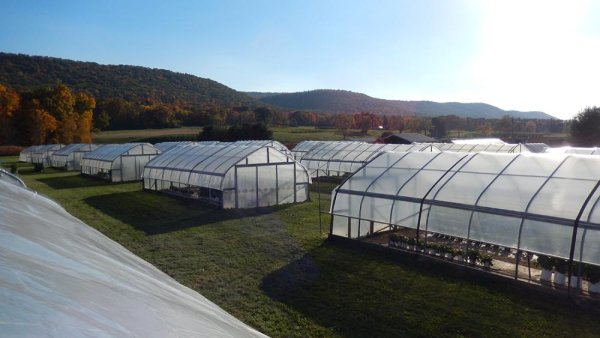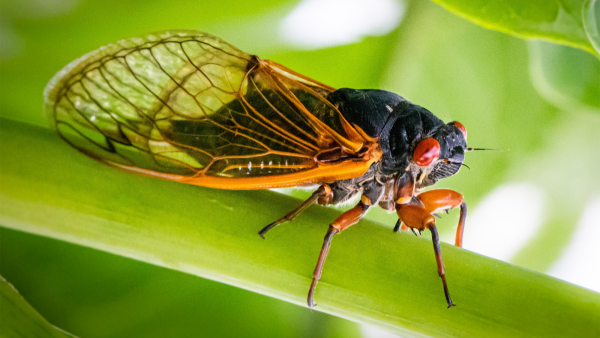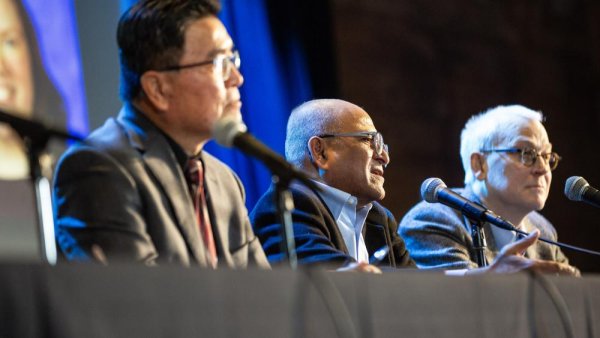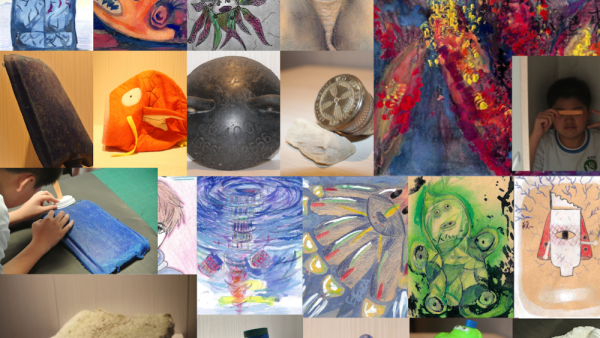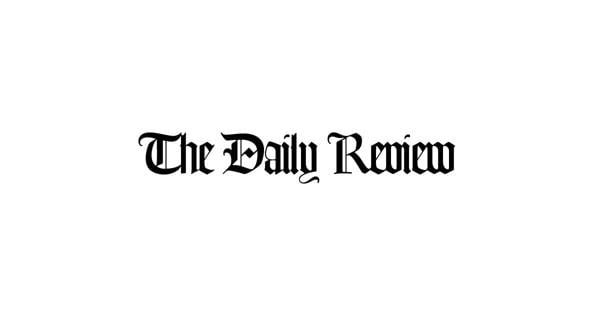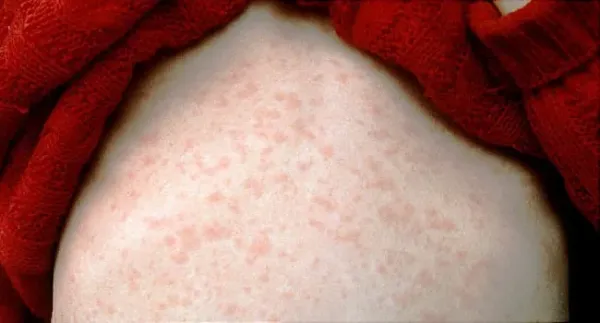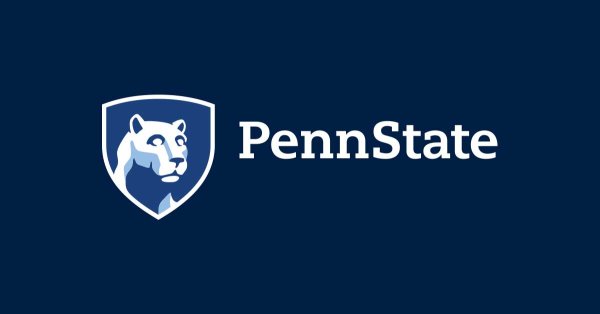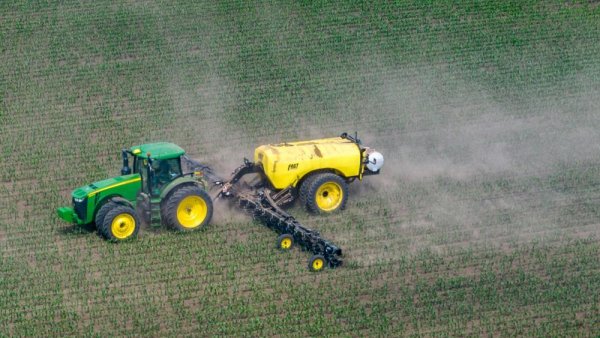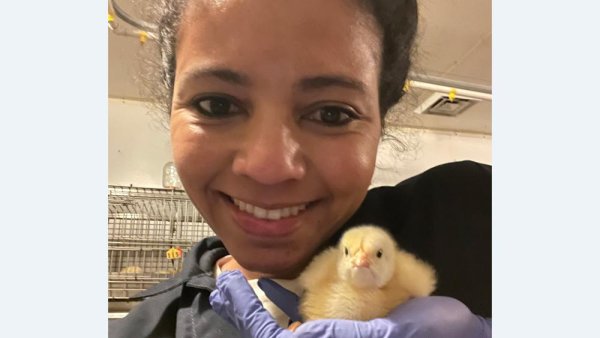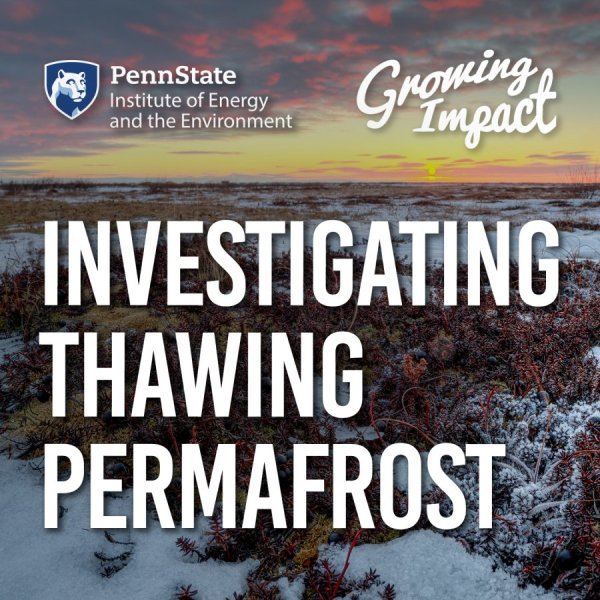Penn State, Indian Institute of Science announce seed grant program
| psu.edu
Penn State and the Indian Institute of Science are collaborating to enhance academic and research ties through a series of workshops and a new seed grant program for the 2024-25 academic year. Applications for the seed grant program are open until May 20. Projects should foster collaborative and sustainable programs that integrate academics and students from both universities.
Tracy Langkilde appointed interim executive vice president and provost
| psu.edu
Tracy Langkilde, the Verne M. Willaman Dean of the Eberly College of Science, has been named interim executive vice president and provost of Penn State, effective April 15.
Type of plastic film on high tunnels can filter sunlight, influence plant growth
| psu.edu
High-tunnel growing systems, sometimes called hoophouses, have gained popularity for their ability to enhance growth conditions and extend the growing season of horticultural crops. Now, a team led by Penn State researchers has demonstrated that growers can select various plastic film coverings on the structures — depending on their desired light-filtering properties — to protect plants and enhance their health.
The Cicadapocalypse is nigh. 7 cicada facts to know before it hits
| yahoo.com
Trillions of cicadas are about to emerge. This article, originally published by Popular Science, quotes Michael Skvarla, assistant research professor of arthropod identification.
Huck Leadership Fellows selected for 2024-25
| psu.edu
For the 2024-25 academic year, Huck leadership has appointed Associate Professor of Biomedical Engineering Scott Medina, Professor of Statistics Lingzhou Xue and Associate Professor of Surgery Dino Ravnic to be Huck Leadership Fellows.
Infrastructure, consultation for multi-site studies using electronic health data
| psu.edu
Penn State has established the Digital Collaboratory for Precision Health Research, an initiative led by the Clinical and Translational Sciences Institute and the Center for Artificial Intelligence Foundations and Scientific Applications.
Penn State celebrates the 2024 Sustainability Award winners
| psu.edu
Penn State Sustainability has announced the 2024 recipients of its sustainability awards. These accolades, including the John Roe Sustainability Impact Award, the Student Sustainability Advisory Council Tree Award, and the Pennsylvania Environmental Resource Consortium Campus Sustainability Champion Award, commend the extraordinary contributions of students in spearheading sustainability initiatives.
Forest, stream habitats keep energy exchanges in balance, global team finds
| thedailyreview.com
Forests and streams are separate but linked ecosystems, existing side by side, with energy and nutrients crossing their porous borders and flowing back and forth between them. This article features Penn State research and quotes Daniel Allen, assistant professor of aquatic ecology.
Could U.S. measles cases break a record this year? What to know
| webmd.com
Within the first 3 months of 2024, the U.S. surpassed the total number of measles cases recorded in all of 2023. Could the nation break a record this year? Here's what to know. This article quotes Catharine Paules, infectious diseases doctor with Penn State Health.
Webinar to address community engagement, equitable development
| psu.edu
Communities are sustainable and equitable when residents play a meaningful role in the deliberations, discussions, decision-making and implementation of projects or programs affecting them, according to Penn State Extension educators, who will host a webinar addressing community engagement, capacity building and equitable development.
'Fertilizer Recommendation Support Tool' to digitize crop nutrient management
| psu.edu
A nationwide team of agricultural scientists, including researchers at Penn State, has launched a decision aid that provides an unbiased, science-based interpretation of soil test phosphorus and potassium values for crop fertilization, with an eye toward potentially saving farmers millions of dollars annually while reducing excess nutrient losses to the environment.
Probiotic feed additive boosts growth, health in poultry in place of antibiotics
| psu.edu
Antimicrobial resistance is an increasingly serious threat for public health, and the use of antimicrobials in livestock feed has been a major contributing factor in the emergence and spread of antimicrobial resistance to many drugs, according to the U.S. National Institutes of Health. Led by Erika Ganda, assistant professor of food animal microbiomes, a Penn State research team conducted a study of natural feed additives that are promising alternatives to substitute for antimicrobial growth promoters.



